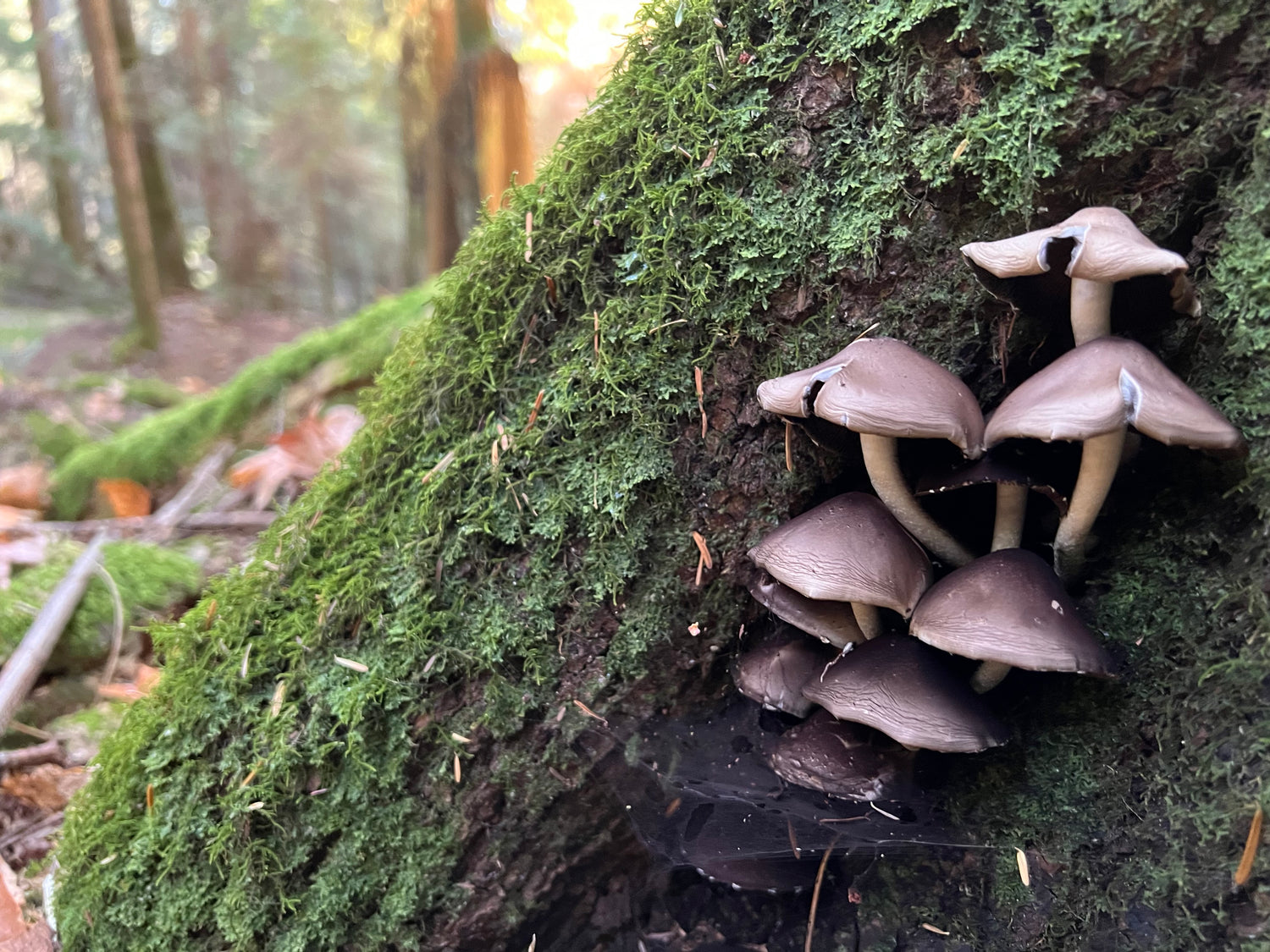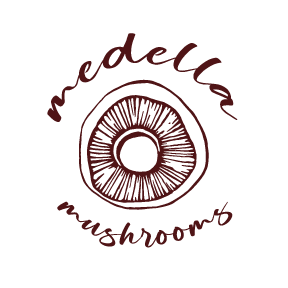Morels - Dried
Morels - Dried
Foraged & Dried
Dried Morel Mushrooms (Morchella spp.)
Wildcrafted Excellence from British Columbia’s Forests
Sought after by chefs, foragers, and mycophiles alike, Morel mushrooms are among nature’s most prized wild delicacies. Known for their distinctive honeycomb appearance, nutty aroma, and meaty texture, Morels elevate any culinary dish with a rich umami depth that no cultivated mushroom can match.
Hand-harvested during the brief spring season in British Columbia’s pristine interior and coastal forests, our Morels are naturally foraged, ensuring a sustainable and untamed terroir that reflects the wild beauty of the Pacific Northwest.
Share
Couldn't load pickup availability
Origins + History
Origins + History
Morel mushrooms (Morchella spp.) have captivated foragers, chefs, and herbalists for centuries. Their unique appearance—honeycomb caps and hollow stems—has made them a legendary wild mushroom across cultures, with stories rooted in tradition, terrain, and seasonal cycles.
Found in temperate forests across North America, Europe, and Asia, morels have long been celebrated for their culinary rarity and natural mystique. Historically, they were traded as precious delicacies and used in springtime feasts, often emerging in the aftermath of forest fires or just as snowmelt retreats—marking the forest’s quiet return to life.
In Indigenous and settler communities of the Pacific Northwest, morels are revered not just for their taste but for the ritual of finding them. Harvesting morels is a deeply sensory pursuit, passed down through generations: navigating mossy slopes, reading the forest floor, and respecting the ephemeral abundance they offer.
At Medella Mushrooms, our morels are wild-foraged in British Columbia, echoing this long-standing relationship between people and place. Every mushroom we offer carries a story of ecological renewal, seasonal rhythms, and natural bounty—preserved with care, shared with integrity.
Recommended Uses
Recommended Uses
Morel mushrooms are a gourmet culinary delicacy prized for their earthy aroma, meaty texture, and ability to absorb rich flavours. Whether rehydrated from dried or prepared fresh, they offer exceptional depth to both rustic and refined dishes.
Culinary Preparation Tips:
- Rehydrating Dried Morels: Soak in warm water, broth, or wine for 15–30 minutes. Reserve the soaking liquid and strain through cheesecloth or a coffee filter—it’s packed with flavour and can enhance stocks, sauces, or risottos.
- Cooking: Always cook morels before consumption. Sauté in butter or olive oil with aromatics like garlic, shallots, or thyme. They pair beautifully with cream sauces, wild game, eggs, pasta, and spring vegetables like asparagus or ramps.
- Preservation: Store dried morels in an airtight container in a cool, dark place. Rehydrated morels can be refrigerated for up to 3 days.
Suggested Pairings:
- Creamy polenta with morel and leek ragout
- Morel mushroom risotto with white wine and parmesan
- Seared duck breast with morel brandy sauce
- Spring omelet with morels, goat cheese, and herbs
Morels are a seasonal treasure. Use them with care, and they’ll transform even the simplest meal into something extraordinary.
Health + Safety
Health + Safety
Morel mushrooms (Morchella spp.) are a wild edible enjoyed by foragers and chefs alike, but they must always be properly prepared to ensure safe consumption.
Important Guidelines:
- Cook Thoroughly: Morels should never be eaten raw, as they contain small amounts of thermolabile compounds that can cause gastric upset when undercooked. Always sauté, roast, or simmer them before eating.
- Avoid Alcohol Initially: Some individuals may experience mild digestive reactions when consuming morels with alcohol. If trying morels for the first time, consider avoiding alcohol to assess personal tolerance.
- Proper Identification: All Medella morels are ethically wild-foraged and triple-inspected to ensure safety. However, it’s important to note that false morels (such as Gyromitra spp.) can be toxic and should never be consumed.
- Allergy Caution: As with any new food, especially wild mushrooms, try a small portion first to test for individual sensitivity or allergic reactions.
Storage Recommendations:
- Dried Morels: Keep in an airtight container in a cool, dry, and dark environment to maintain potency and prevent spoilage.
- Rehydrated Morels: Store unused, cooked mushrooms in the refrigerator and consume within 2–3 days.
At Medella Mushrooms, your health and safety are our top priority. We follow strict handling, drying, and packaging protocols to ensure that every morel you receive is of the highest quality—delicious, clean, and responsibly sourced.




Locally Foraged
All of our Locally Foraged or West Coast Foraged products are hand picked by local Foragers for redictribution. This allows local and global consumers to enjoy what our province has to offer - while empowering Foragers with access to a larger audience of mushroom consumers.
Subscribe to our emails
Subscribe to our mailing list for insider news, product launches, and more.



